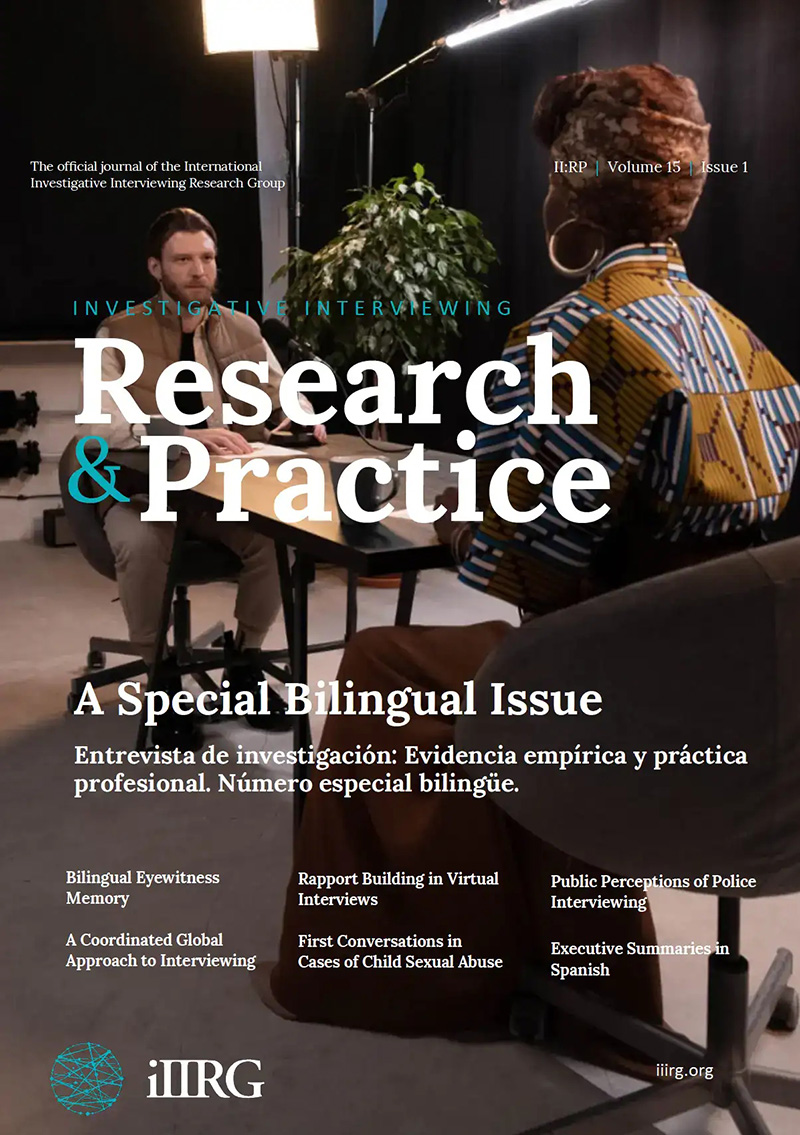Psychology Professor Co-Produces First-of-its-Kind Aggregate on Bilingual Eyewitness Memory Research
Curiosity got the best of Assistant Professor of Psychology Dr. Christina Perez and Dr. Yikang Zhang of the Max Planck Institute for the Study of Crime, Security, and Law. Wanting to better understand existing research on the memory and suggestibility of bilingual witnesses at crime scenes, the two teamed up to take a closer look.
The collaborators examined 11 published studies that provides this insight. After synthesizing the research, the co-authors found that a majority of the studies suggest that as long as a bilingual witness is highly proficient in their second language, investigators can question them in their second language without having to worry about the accuracy of their reports. The findings were published in the first bilingual issue of the journal Investigative Interviewing: Research & Practice.
“We were both familiar with some recent research on bilingual eyewitness memory–My 2019 master’s thesis examined memory and suggestibility in mono- and bilingual preschoolers–but we weren’t familiar with any publication that synthesized the literature so far,” Perez explained. “We took on this project simply because we were curious.”

Perez and Zhang also discovered that several of the studies found bilingual participants’ memory is susceptible to distortion when exposed to misleading information. They say that this is not surprising, however, and aligns with general eyewitness memory research.
The duo notes that there are limitations to these studies, including how sparse the literature is with regards to bilingual eyewitnesses.
“We used very broad search terms to identify published research on bilingual memory, but ultimately our review only included 11 articles that met our criteria, Perez said. “Most of the studies we included in our review (64%) were published within the past five years, so it seems to be an emerging topic within the field of psychology and law.”
In addition, the researchers observed that almost all of the studies used videos of crimes as the target event for which participants’ memory was tested. In reality, they explain, witnessing a crime is much more stressful than watching a video.
“We are working to hopefully address some of these issues by launching research projects here at Arcadia using virtual-reality crime scenes that better reflect the true experiences of eyewitnesses,” Perez said.
Next semester, Perez will offer the course Psychology and Law (PY285), which will touch on this topic. She encourages students interested in this topic, or the intersection of psychology and law in general, to reach out to her for information about becoming a research assistant to help with scholarly projects on bilingual witnesses, child witnesses, and more.

